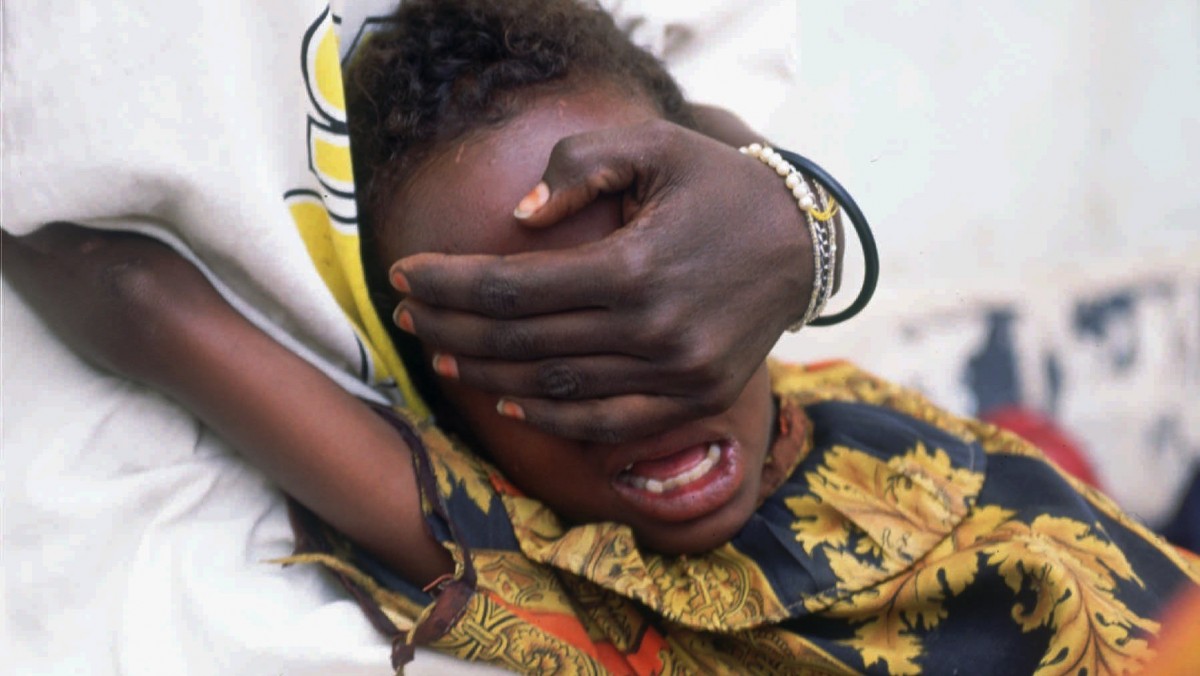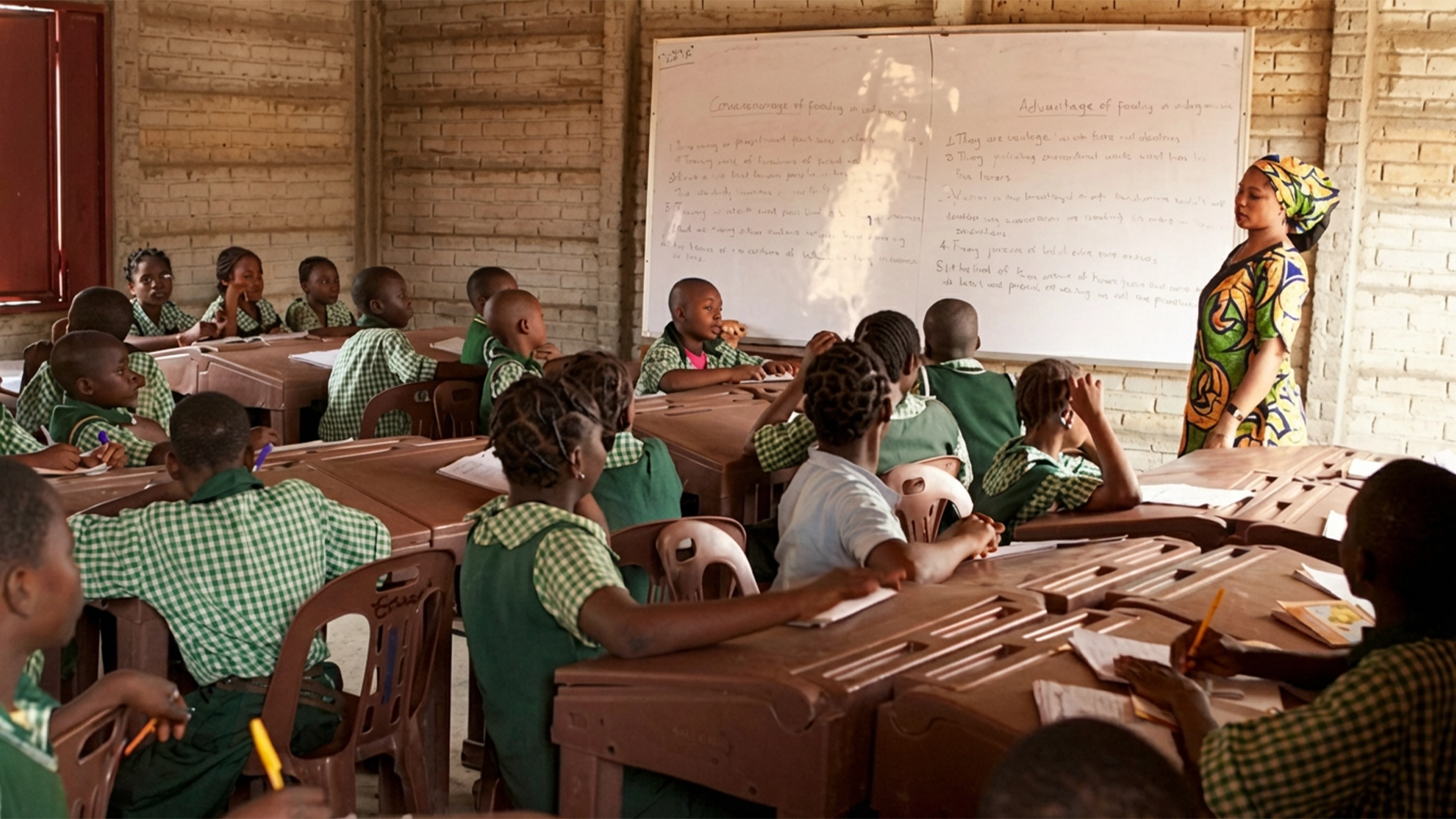
Female genital mutilation (FGM), one of the most controversial and not-so-widely discussed harmful traditional practice, cannot be hidden anymore, thanks to the forces of citizen journalism. The debate about FGM like polygamy and witchcraft is volatile whenever it comes into focus. Some Africans, indignant at the western critics denounce the tradition as barbaric and primitive; and defend it in the name of cultural tradition.
According to World Health Organisation (WHO), FGM comprises all procedures that involve altering or injuring the female genitalia for non-medical reasons. This is recognised internationally as a violation of the human rights of girls and women, hence the United Nations (UN), introduced the International Day of Zero Tolerance for Female Genital Mutilation in 2003 to turn the searchlight of the world to the issue – to eradicate it.
The UN notes that globally, it is estimated that at least 200 million girls and women alive today have undergone some form of FGM; but the practice is declining in many countries. The global body, however, argues that if the practice persists at current levels, with rapid population growth in countries where it is concentrated, it will significantly increase the number of girls subjected to it. As such, 68 million girls are at risk of female genital mutilation between 2015 and 2030.
Although primarily concentrated in 30 countries in Africa and the Middle East, FGM is a universal problem and is also practised in some countries in Asia and Latin America. The ancient practice also continues to persist amongst immigrant populations living in Western Europe, North America, Australia and New Zealand.
On the prevalence, countries with the highest prevalence among girls and women aged 15 to 49 are Somalia at 98 per cent, Guinea at 97 per cent, Djibouti 93 per cent and Egypt at 87 per cent.
Specifically on Nigeria, during the sub-zonal media briefing in commemoration of the 2019 International Day of Zero Tolerance for FGM, organised by FGN/UNICEF Programme of Co-operation (2018-2022), as part of the UN’s efforts to eradicate FGM; the Chief of Field Office, UNICEF, Enugu, Dr. Ibrahim Conteh stated that in Nigeria FGM seemed unabated as statistics indicate that the country ranks third highest among practising countries in the world. Although, Dr. Conteh explained that some of the state governments have good policies and laws, they have been slow in follow-up and implementation.
Female genital mutilation, which is commonly referred to as ‘female circumcision’ is practised among many African tribes as one of the traditional rituals that prepare girls for womanhood, though the age at which it is practised varies. It is usually carried out at birth, infancy, puberty, marriageable age and even during pregnancy; and the practice remains a social norm that is being fuelled by myths, preconceptions and diverse ignorance about social expectations; discounting that it is violation of women’s reproductive rights, and also puts their lives at risk and harmful to their unborn children.
The practice is usually carried out by traditional practitioners using cutting tools ranging from pieces of glass to scalpels or special knives, which are often re-used without sterilisation or sterilised with local sterilisers that have not been scientifically tested for potency. Furthermore, anaesthetics and antiseptics are generally not used and various substances are rubbed on the wounds to stop bleeding. Hence, unintended damage is often caused because the girls/women struggle during the operation and complications arise from septic conditions that result from it. This poses danger to the health of women.
Anyway, the cultural meaning of the practice varies across the belt of Africa from Senegal, Kenya to Nigeria and among Muslims and Christians, where FGM is practised. It is considered variously a cleansing ritual, a female rite of passage, a guarantor of chastity, a boost to fertility, or to male sexual pleasure, and a cure for ‘sexual deviance.’
So, the underlying assumptions/traditional myths for the practice include maintenance of cleanliness, as it is feared that uncircumcised female habours evil spirit; prevention of still-births in primigravida, as it is believed that if the head of the baby touches the tip of the clitoris, the baby will die; prevention of promiscuity, as it is the belief that uncircumcised females are very active sexually and so will not be easily satisfied by one man; since the act reduces female’s sexual desire. It is also said that it protects the virginity of the girls and family honour with greater ease; and pursuance of aesthetics, due to the high value attached to virginity at marriage. And so, its preservation reflects the moral quality of the girl’s family; and promotion of social and political cohesion.
Since the practice cuts across religions, cultural and educational boundaries, the best way to bring about change, argue many campaigners, is to avoid cultural, religious and educational judgments and concentrate on health. This is against the backdrop that science has recognised FGM, as a major reproductive health problem that continues to affect women and girls. Females who undergo FGM face long-term physical, psychological, emotional, mental and social consequences as FGM leads to complications like severe pain, urine retention/painful urination, menstrual problems, keloids, shock, genital tissue swelling: due to inflammatory response or local infection, human immunodeficiency virus (HIV), obstetric fistula, perinatal risks, and psychological consequences such as post-traumatic stress disorder (PTSD), anxiety disorders and depression.
Infections are also a common effect of these procedures (often happening more than once), which include chronic genital infections, chronic reproductive tract infections and urinary tract infection. Female sexual health is also affected long term, presenting issues such as decreased sexual desire and pleasure, pain during sex, difficulty during penetration, decreased lubrication during intercourse, reduced frequency or absence of orgasm (anorgasmia).
Also, obstetric complications often result in post FGM procedures, some of which include an increased risk of difficult labour, having a Caesarean section performed, experiencing postpartum haemorrhage, or a recourse to episiotomy. Lastly, FGM can lead to abnormal scarring and death that can be caused by infections such as tetanus and haemorrhage and psychological consequences such as trauma because many women describe FGM as a traumatic event.
Furthermore, FGM violates the human rights of women and girls, contravening established principles, norms and standards including non-discrimination on the basis of sex; the rights to health, physical integrity and life; the right to freedom from torture or cruel, inhuman or degrading treatment or punishment; and the rights of the child.
Thus, in 2015, world leaders overwhelmingly backed the elimination of FGM as one of the targets in the 2030 Agenda for Sustainable Development. Specifically, the SDGs call for an end to FGM by 2030 under Goal 5 on Gender Equality and Target 5.3, which is: eliminate all harmful practices, such as child, early and forced marriage and FGM. This goal is achievable and Nigeria must act now to translate that political commitment into action.
So, to promote the elimination of FGM, coordinated and systematic efforts are needed. At the national level, we need new policies and legislation protecting the rights of girls and women to live free from violence and discrimination. Besides, social policy makers should develop national action plans to end the practice.
Countries where FGM is frequent, that currently have some form of written legislation concerning FGM include Burkina Faso, Central African Republic, Côte d’Ivoire, Djibouti, Egypt, Ghana, Guinea, Nigeria, Senegal, Somalia, Tanzania, Togo, Uganda, etc.
To encourage the use of legislation to curb FGM Waris Dirie, a global champion against female genital mutilation (FGM) and Akinwunmi Adesina the President of African Development Bank (AfDB); shared the prestigious $1 million prize at an award ceremony held on February 9, 2019 in Seoul, South Korea. Waris Dirie, the recipient of the award, has played a leading role in drawing global attention to the fight against FGM and the need for legislation to ban the practice.
Again, because societal pressures often drive the practice, individuals and families need more information about the benefits of abandoning it and the media should sensitise them. Meanwhile, religious leaders should strike down myths that FGM has a basis in religion.
In the main, in this era of participatory approach to development, campaigns against FGM should focus on human rights and gender equality. These efforts should emphasise societal dialogue and the enabling of communities to act collectively to end this harmful practice.
[ad unit=2]






